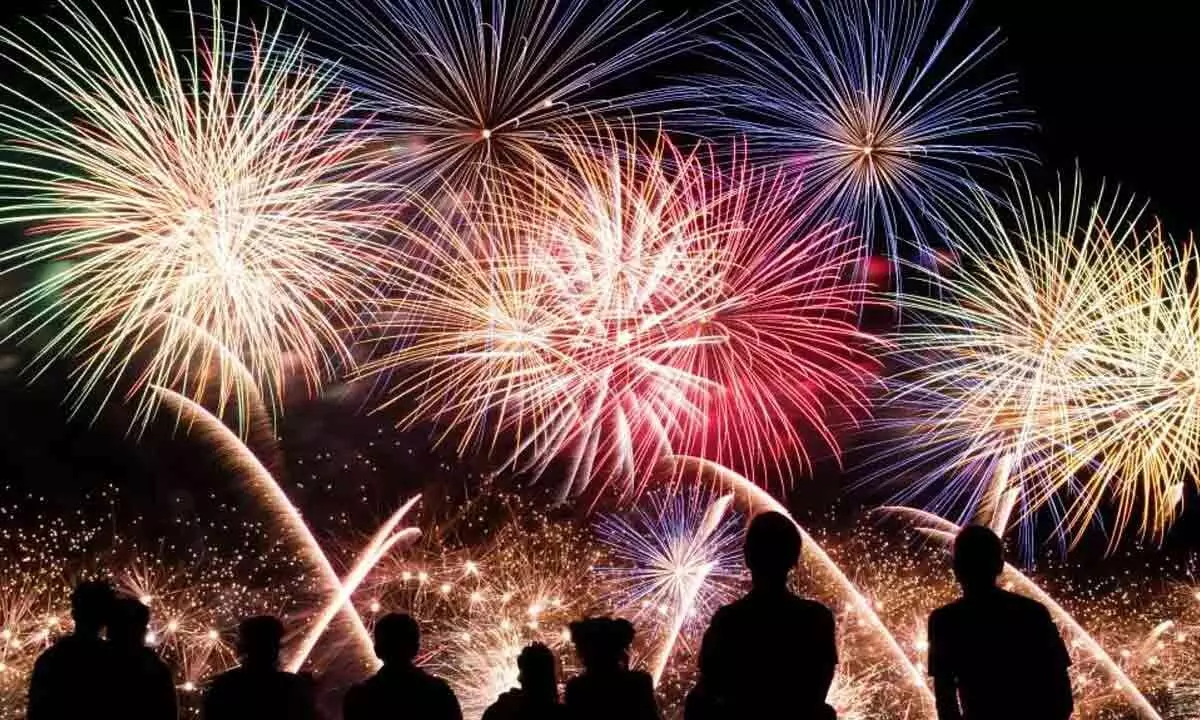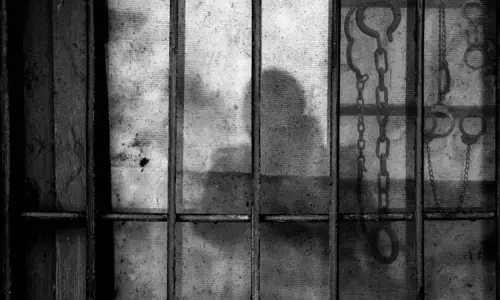What does Historical Records state about New year Celebrations?

Representational image
- The celebration of the new year, on 1st January is a relatively new phenomenon
- The early Roman Calendar designated 1st Mach as the new year.
- In the year, 1582, the Gregorian Calendar reforms restored 1st January, as New Year’s Day, although most catholic nations, adopted the Gregorian calendar almost immediately,
Historical Records dating back 4000 years ago state that, there were celebration for the New year. In the historic City of Babylon, festivities were organized, when Equinox came to be considered as the beginning of the new year.
Equinox is the time, where in the sun crosses the earth's equator. During this period, the length of day as well as night would be equal all over the earth. Usually, the equinox during the spring time is recorded on 21 March and the equinox during the autumn is noted on 22nd September.
The earliest known New year days in history were celebrated on the spring equinox, also known as the vernal equinox, which would roughly match with March 21st of the calendar of our times.
Move from March to January
The celebration of the new year, on 1st January is a relatively new phenomenon. The earliest recording of a new year celebrations is believed to have ben in Mesopotamia, 2000 B.C and was celebrated around the time of Vermal equinox. In Mid-march, a variety of other dates tied to the seasons were also used by various ancient cultures. The Egyptians, Phoenicians and Persians, begin their new year with the fail Equinox and the Greeks celebrated it on the winter solstice.
Early Roman Calendar: March 1st Rings in the New Year
The early Roman Calendar designated 1st Mach as the new year. The calendar has just ten months, starting with March.
Julian Calendar: January 1st Officially instituted as the New Year
In 46 B.C Julius Caesar, introduced a new, solar-based calendar, which has got vast improvement on the ancient Roman Calendar, which was a lunar system, that had become wildly inaccurate over the years. The Julian Calendar, decreed that the new year would occur 1st January and within the Roman World. 1st January became the consistently observed start of the new year.
With the birth of Julian Calendar, 1st January was considered as the new year day and the world began celebrating New year on this day. The name January is derived from the term Janus, the word that denotes the Roman God of beginning.
During Middle Ages
In the medieval Europe, however the celebrations accompanying the new year were considered pagan and unchristian like and in 567 the Council of Tours abolished 1st January as the beginning of the year. At various times and varied places throughout medieval Christian Europe, the new year was celebrated on 25th December, the birth of Jesus, 1st March, March 25th, the Feast of the Annunciation and Easter.
Gregorian Calendar
In the year, 1582, the Gregorian Calendar reforms restored 1st January, as New Year's Day, Although most catholic nations, adopted the Gregorian calendar almost immediately, it was only gradually adopted among the Protestant nations. The British, for example, did not adopt the reformed calendar until 1752, until then, the British Empire and their American Colonies, still celebrated the new year in March.








